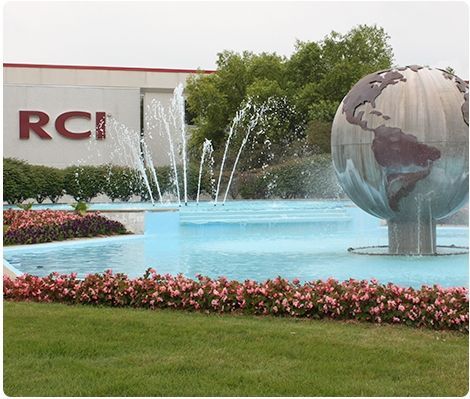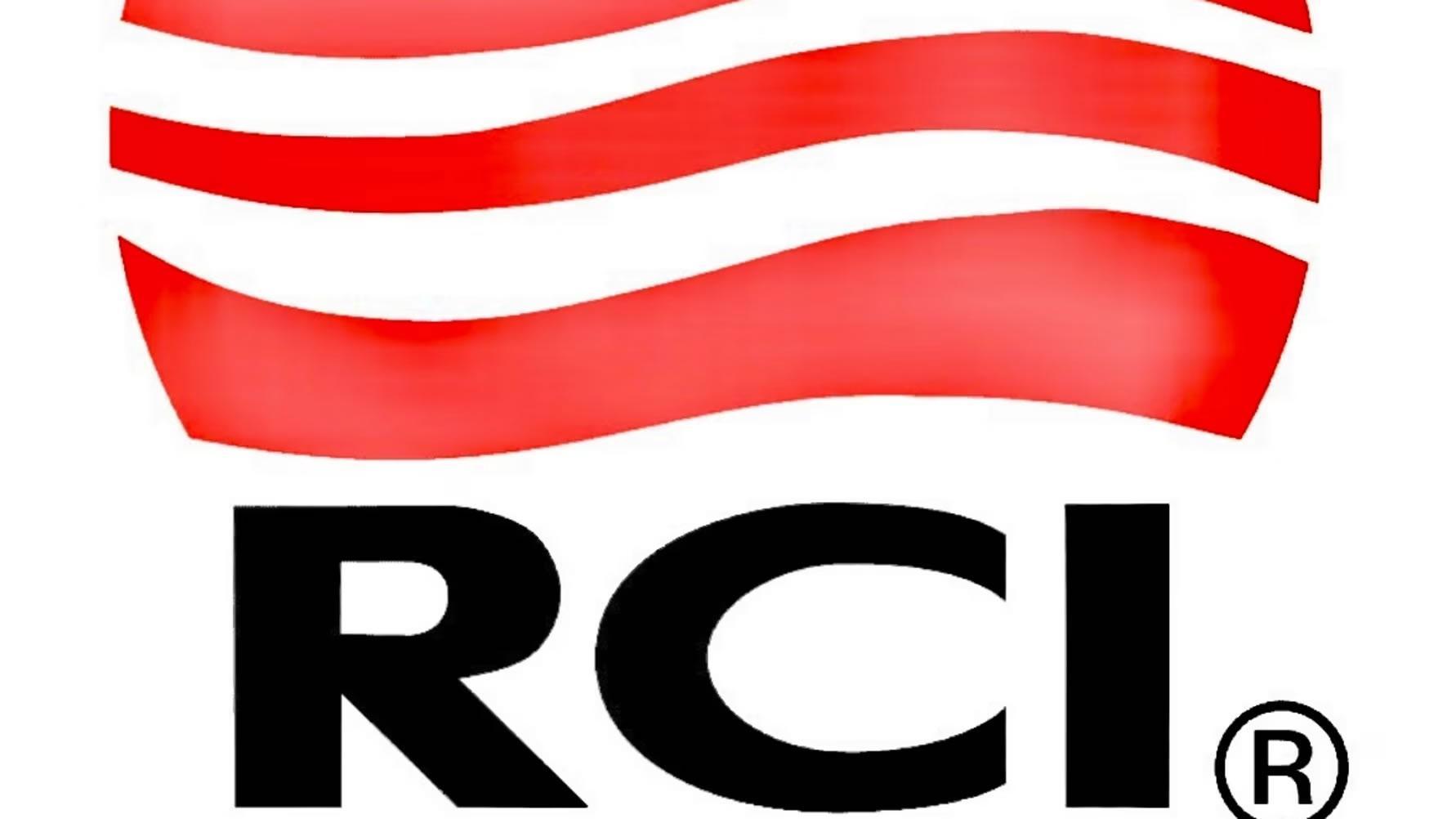As the world's biggest timeshare exchange network celebrates its 50th birthday, industry experts question the justification for its continued existence in the modern vacation landscape.
The embryonic 1960s concept of timeshare quickly became a popular way to guarantee oneself a high standard of accommodation provided you were happy returning to the same room, in the same complex, at the same time every year.

This was before the advent of package tour vacations. When annual trips abroad became available to the masses in the 1970s, consumers' expectations quickly began to outstrip what fixed timeshare weeks could offer.
Jon and Christel DeHaan, a couple from Indiana in the USA, saw a need and answered it. They created an exchange system which in theory would allow timeshare owners to change their weeks for different times of year and even for other resorts. The company has been through multiple corporate changes, and is currently owned by Wyndham Destinations.
In some aspects RCI and other exchange networks, definitely did work. They enabled the timeshare industry to generate huge amounts of money and grow into a $20 Billion a year business.
The main and overriding achievement of RCI was to allow salespeople to sell a luxurious fantasy of the prospect's future timeshare holidays.

With the inception of RCI, a timeshare salesperson no longer faced the challenge of presenting one room, in one resort, and trying to convince their prospect that this was worth paying a large fee to pre-book a week in every year for the rest of their life.
The skilled closer's arsenal was boosted exponentially by a shiny, red, several hundred page RCI brochure. Suddenly he was able to sell not a single resort but a whole planet full of dreams.
A timeshare membership now be presented as the passport to a lifetime of travel in five star luxury 'anywhere in the world, any time you choose.'
All it took was the joining fee and a handshake from the well groomed young man or woman sitting across from you on the timeshare presentation deck, and you could begin vacationing like royalty.
This was a huge step forward for sales operations, and arguably the biggest factor responsible for the growth of timeshare into a business that currently outperforms the global music industry in terms of revenue.
RCI definitely worked for timeshare business owners.
That is a very different story, and subject to interpretation. Certainly it never worked like a seamless 'five star travel agent'.
Timeshare owners had to pay expensive annual fees to RCI, whether they exchanged or not. They also had to pay extra fees, tiered according to whether they exchanged within their own country or internationally, and at different times of year. They had to pay more money to bank weeks or borrow from the future.
None of these costs are applicable to customers of regular booking sites.

Using RCI was also a lot more complicated than using regular booking methods. There were (and still are) rigid booking windows. If you miss them you could lose your holiday that year, while still having to pay both timeshare maintenance fees and RCI membership.
Availability has always been an issue. Customers have to provide a first, second and third choice exchange. They very rarely get to stay in their first choice destination. With regular (non timeshare) booking methods, people nearly always get to choose the location and time slots they want.
The idea behind RCI may have been an intuitive one. Any exchange system, no matter how ineffective, would have to be an improvement over only being able to go to the same room, in the same hotel at the same time every year.
But did it fulfil the giddy expectations of fledgling timeshare owners, and measure up to the promises of timeshare salespeople?
Probably not.
RCI has expanded to include 4100 resorts in 110 countries. It has introduced travel services and even its own points system. In its own words it has "continually evolved to meet members where they are and support our affiliates throughout the years"
So is it now, finally a realistic and competitive alternative to to regular travel systems?
"Objectively, you would have to conclude that the answer is a resounding 'no'," says Andrew Cooper, CEO of European Consumer Claims.
"Nobody can say RCI don't work extremely hard, nor that they don't demonstrate a great deal of initiative. But they are always going to be a long way behind the regular holiday industry.
"Without paying annual fees or exchange fees, a non timeshare owner has access to around 1.4 million hotels, rather than the 4100 resorts a timeshare owner can access (if they are lucky enough to get their preferred exchange). They are not committed to taking a holiday, and can take extra if they choose, just by booking it.
"RCI would say that their resorts are higher quality, but is that really true nowadays? The world outside timeshare contains vacation accommodation of all standards, including five star. The regular holiday industry doesn't require that you pay to join a club, or follow rigid booking procedures with a year's notice needed to book a room.
"You can even stay in most timeshare resorts through Booking.com now, without paying fees or an exchange system membership.

"The modern holidaymaker opens Booking.com, chooses, clicks, and books. Without any of the rigmarole that RCI members have to go through.
"RCI has the unenviable task of trying to make timeshare work as well as the wider holiday industry does. The unavoidable truth is that the modern holiday industry's evolution has outpaced timeshare systems to the point that they just can't compete.
"RCI only exist to enable the timeshare industry itself to sell a dream to their targets.
"A dream that is demonstrably impossible to deliver."
If you are a timeshare owner who is not happy with the effectiveness of your timeshare vacation system, and want to understand your options going forward, get in touch with our team at the Timeshare Advice Centre.
